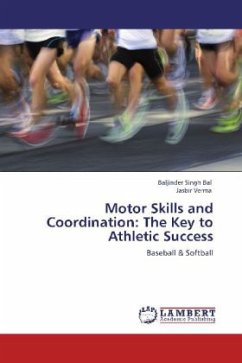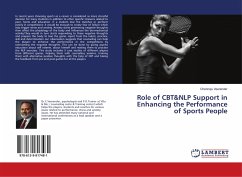The vast demands of athletics, its physiological and psychological pressures, the weight of expectation, the immediacy of problems, and the diversity, range and complexity of environmental contingencies have been widely reported in a number of studies. Throughout its history, masculinity has been regarded as naturally and inevitably more important to athletic challenges than has femininity. Nonetheless, it is argued in this research that these challenges of athletics call for athletes whose behaviour exhibits flexibility and adaptability to the varied, and sometimes conflicting, circumstances they face; athletes in which masculinity and femininity were not unique to each sex but were shared by both, and athletes who did not share the view that athleticism was the solemn and periodic exaltation of masculinity. Essentially, the nature of athleticism asks whether it is the psychologically androgynous personality who would best have available the desired range of positive behaviours needed to be a successful athlete.
Bitte wählen Sie Ihr Anliegen aus.
Rechnungen
Retourenschein anfordern
Bestellstatus
Storno








